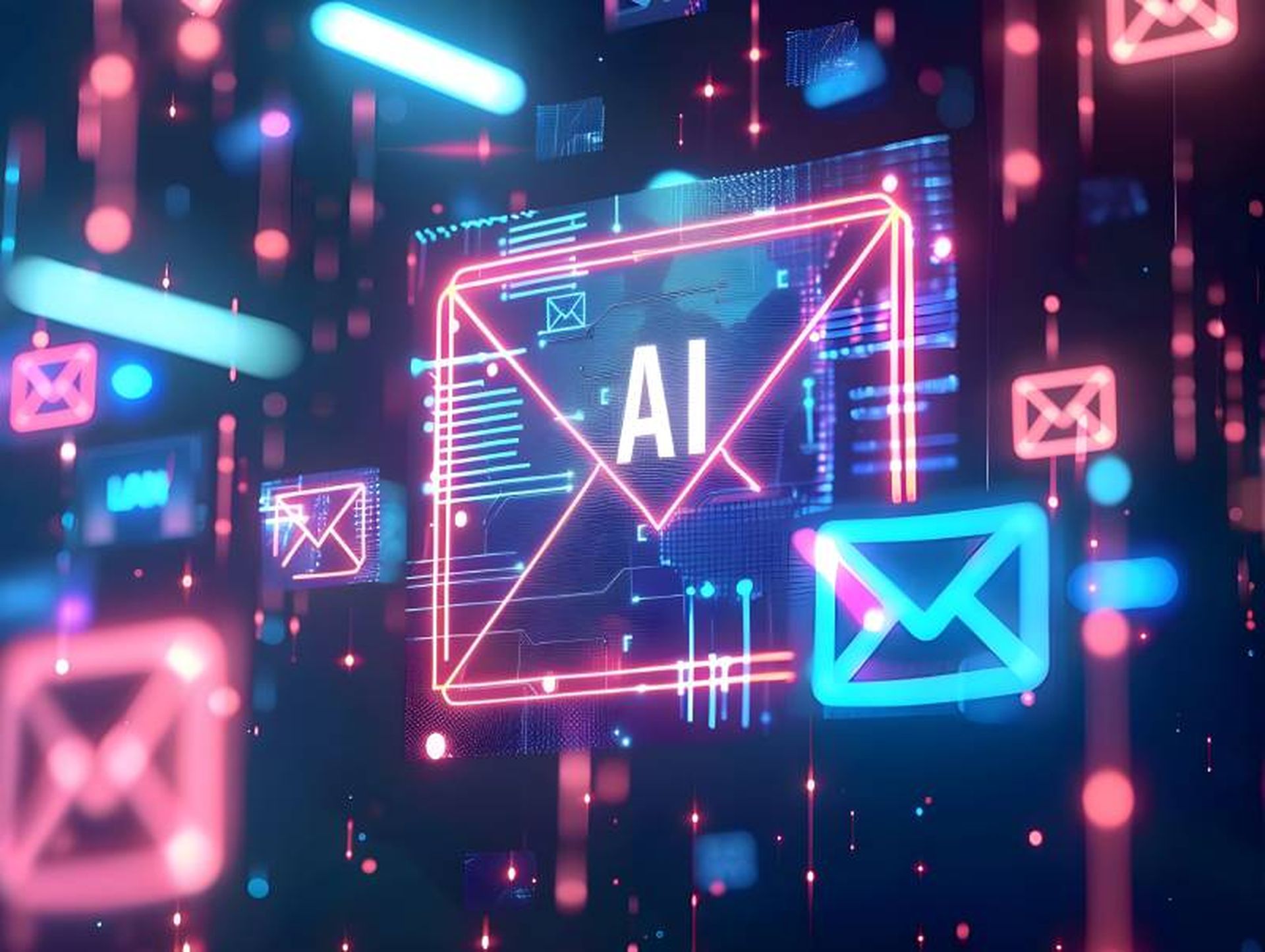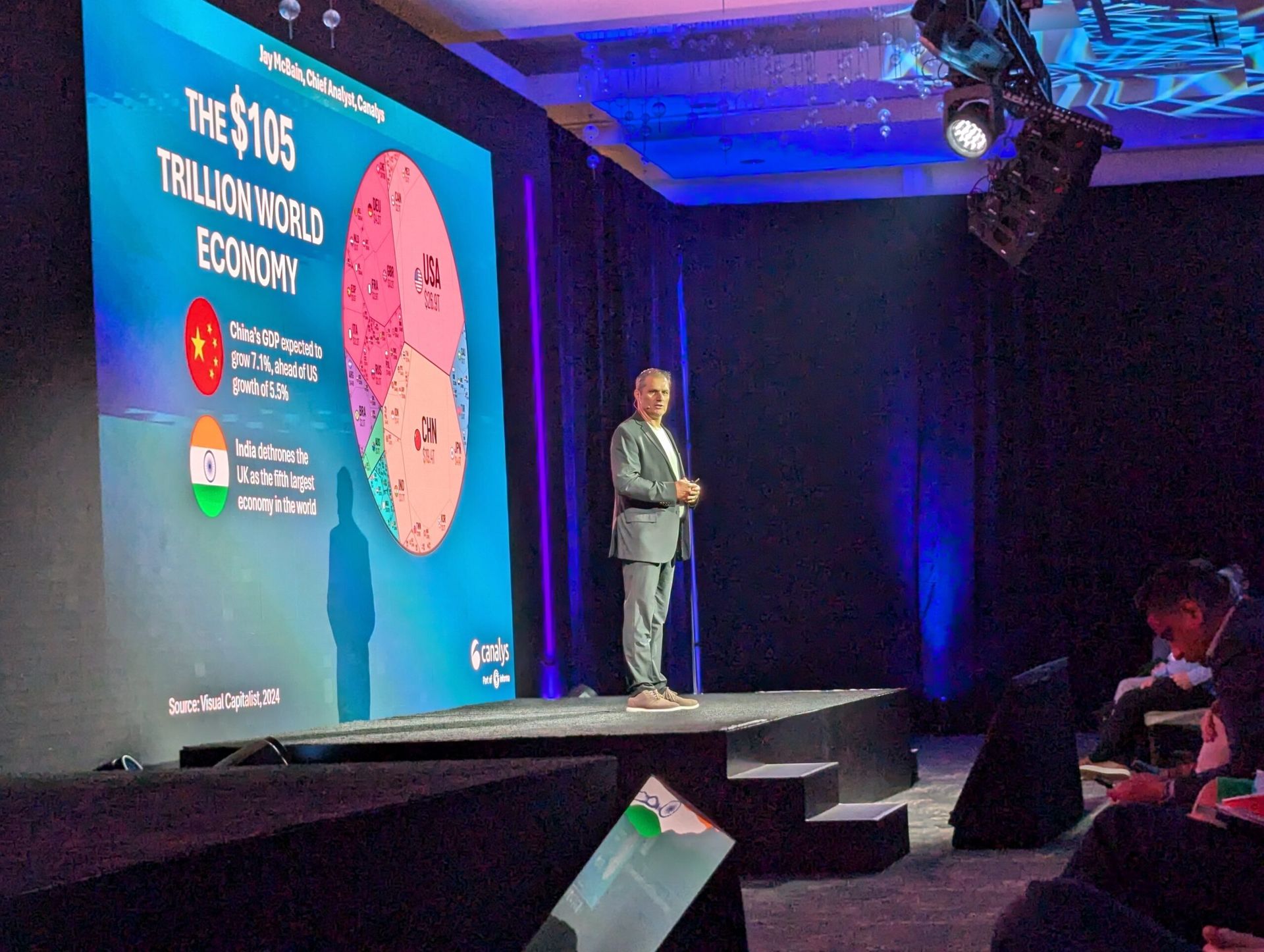Apple (AAPL) has made selected staff cuts to its self-driving car project, including layoffs that impacted dozens of employees, according to The New York Times. At first glance the headcount impact is small, considering the company employed 115,000 people as of mid-2016. But the cuts may signal deeper troubles as CEO Tim Cook and the mobile giant search for new revenue streams -- and associated supply chains to disrupt.
Apple's revenues were $42.2 billion for its Q3 ended June 25, 2016, down from $49.6 billion in Q3 2015. Net income also fell to $7.8 billion, down from $10.7 billion in Q3 2015. Some of the shrinkage likely involved consumers waiting for the iPhone 7 and Watch Series 2, which didn't launch until last week. But it's unclear how much of a boost those two devices will provider.
Nine years after the original iPhone launch, the company is still looking for a next-generation business opportunity beyond its iOS smartphone and tablet offerings. So far, the company's smartwatch business hasn't provided the type of growth that some pundits had originally expected.
Apple Scaling Back Car Ambitions?
Apple's car project, code-named Titan, originally focused on designing an autonomous automobile from the ground up. But the strategy apparently shifted in July when Apple re-hired company veteran Bob Mansfield to take over the project. The new emphasis apparently involves software and sensors rather than an entire car, Bloomberg has reported.
When Apple disrupted previous markets -- like PCs and cell phones -- the company typically emerged with industry shifting technologies. MacOS, for instance, introduced graphical user interfaces to the masses. And iOS's multi-touch capabilities allowed the iPhone to become a phone, Internet and entertainment device.
The world of autonomous cars, however, involves potential competition from all of the world's leading car companies plus dozens of startups. Instead of competing heads-on against Detroit and car makers worldwide, it looks like Apple may try to become an OEM supplier -- licensing software and/or selling sensors to the car makers, some pundits think.
Apple Channel Impact
What the heck does all this have to do with the IT channel? Plenty. Keep a close eye on distributor revenues and listen closely to earnings calls. As Apple's revenues rise and fall -- particularly around the iPhone and iPad -- you'll notice those gyrations in and around the distributor ecosystem.
While car components won't flow through "traditional" IT distributors, Apple may have to play in new types of supply chains -- reaching car manufacturing lines in new ways.
At the same time, the company's long rumored full-blown TV -- not to be confused with the company's streaming media set-top box -- could also impact traditional IT distribution. But Apple has never officially confirmed plans for such a device.




